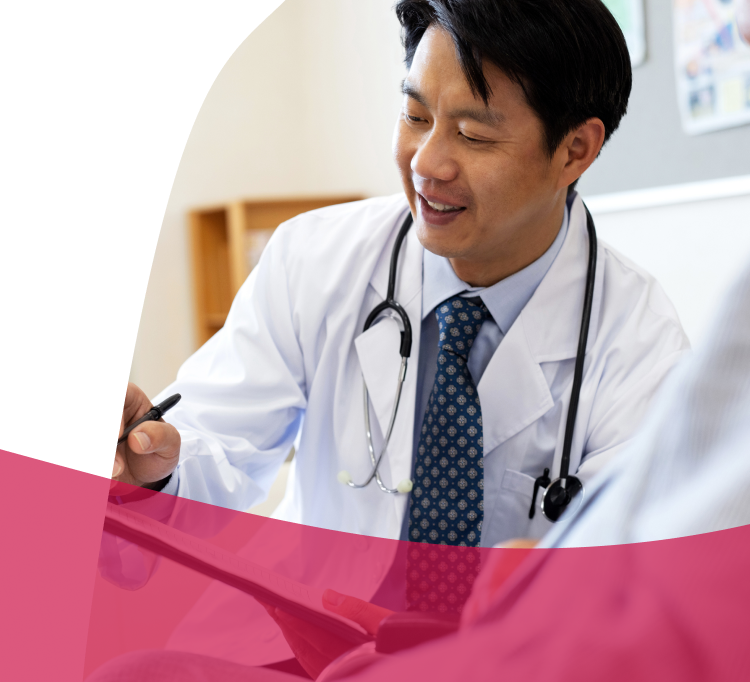About Clinical Trials
Researchers conduct clinical trials to learn whether an intervention or experimental treatment works and is safe for people with specific conditions before it can be approved for use by the general population or those diagnosed with a specific disease.


Before testing an experimental treatment in people, researchers must first get permission from government regulatory agencies. These agencies review the researchers’ development plans for the experimental treatment and the results from pre-clinical trials to decide if it is ok to proceed with clinical trials. In some countries clinical trials are also called “clinical studies” or “clinical research studies” or simply “trials."

Phases of a clinical trial
Clinical trials are done in several steps, which are also called “phases." Each phase is designed to answer specific questions about the experimental treatment to see if it works and to understand what side effects may occur. As an experimental treatment moves through these phases, researches learn more about the treatment, its risks and its effectiveness.
Pre-Clinical Development
Phase 1
Phase 2
Phase 3
Phase 4
Why participate in a clinical trial?
You don’t have to be a doctor, scientist, or researcher to play a part in advancing medicine. You can be a clinical trial participant, even if you do not have a medical illness. Many clinical trials include healthy volunteers. The reasons for joining a clinical trial are personal, and as different as the conditions or diseases being studied. Here are a few common reasons why people participate in clinical trials. You may find some that you can relate to, or you may have other reasons for participating.
Access experimental treatments and care
As a clinical trial participant, you may have access to experimental treatments before they are widely available. In addition, participation in a clinical trial provides an opportunity for you to play an active role in your own healthcare.
Help others by advancing medical science
Your participation helps researchers gather important information that may guide future research. When you participate, you are helping researchers learn of new ways to manage, treat or monitor a disease or condition.
Help researchers discover new treatments
What researchers learn from clinical trials helps them discover new or better treatments or tests that may help future patients.
It is important to note that participants in a clinical trial may or may not benefit from their participation. For some people, taking part in a clinical trial is a way to leave a legacy for future generations.
What to expect when participating in a clinical trial
Here are some steps you can expect when you participate in a clinical trial:
You will talk to a member of the clinical team to learn about the clinical trial and to see if it may be a good fit for you. A research team member will explain the trial and ask you some questions about your health so you can decide together if the clinical trial is a match for you. This is also a good time to ask questions about participation details. The clinical trial doctor will also explain if participating in a clinical trial may impact other treatment options for your condition or illness.
Prescreening
You will talk to a member of the clinical team to learn about the clinical trial and to see if it may be a good fit for you. A research team member will explain the trial and ask you some questions about your health so you can decide together if the clinical trial is a match for you. This is also a good time to ask questions about participation details. The clinical trial doctor will also explain if participating in a clinical trial may impact other treatment options for your condition or illness.
Find an Astellas Clinical Trial Near You
Search Astellas Clinical Trials to see if any might be a match for you or for someone you care about.

